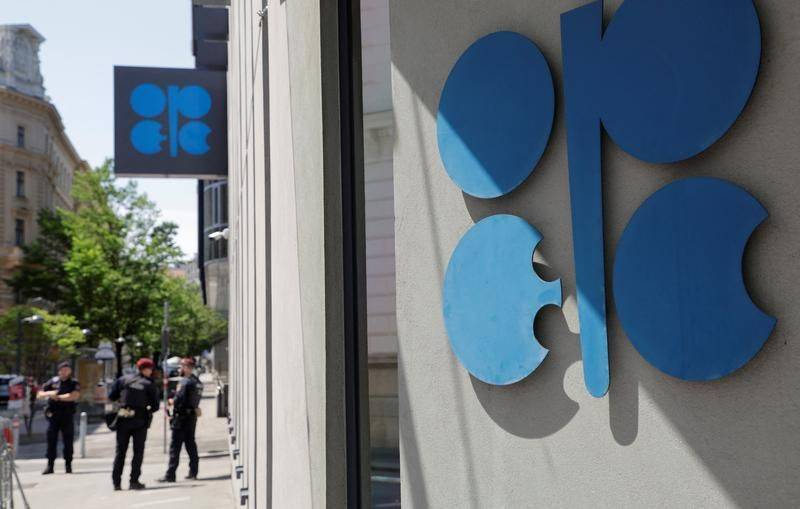Saudi Arabia is implementing a significant reduction in its oil production in July, in addition to a broader OPEC+ agreement to cut supplies until the end of 2024, as the group faces a decline in oil prices. OPEC states that it does not target a specific oil price, and its policy decisions aim to prevent volatility by balancing supply and demand. OPEC+ ministers responded to accusations that their coalition undermines the global economy by increasing energy costs, stating they are defending their own interests and need to provide favorable conditions for long-term investment in the oil and gas sector. They also argue that piecemeal policies for transitioning to low-carbon energy negatively affect investment and could lead to supply shortages in the future before the world is ready to live without oil. Below is an explanation of the OPEC+ agreement reached yesterday and its impact on supply.
#### What Was Agreed for 2023?
The OPEC+ group, which includes the Organization of the Petroleum Exporting Countries (OPEC) and allies led by Russia, is already implementing a reduction of 3.66 million barrels per day, representing 3.6% of global demand. This figure includes a reduction of two million barrels per day agreed upon last year from August 2022 production levels and an additional 1.66 million barrels per day from voluntary cuts by nine OPEC+ countries. OPEC+ did not further reduce production for 2023, but Saudi Arabia pledged a voluntary additional cut of one million barrels per day for July, which may be extended. As a result, the country's production will decrease to nine million barrels per day in July from about ten million barrels per day in May.
#### What Was Agreed for 2024?
The OPEC+ group chose yesterday to focus on the production reduction target for 2024. In addition to extending the current supply reduction of 3.66 million barrels per day for another year, the group agreed to lower overall production targets starting January 2024 by approximately 1.4 million barrels per day against current targets to 40.46 million barrels per day. Adding the voluntary production cut, which the nine participating countries extended until the end of 2024, results in a lower target of 38.81 million barrels per day. This is nearly 500,000 barrels per day less than April 2023 production figures compared to the International Energy Agency's numbers. In yesterday's agreement, the UAE received a higher production target, while the targets for Russia, Nigeria, and Angola were reduced to align with lower production levels.
#### What Is the Short-Term Impact?
Analysts, some from OPEC and the International Energy Agency, have already expected the supply to shrink in the second half of 2023 as OPEC+'s current production policy continues. Given Saudi Arabia's track record of fully meeting production commitments, analysts expect the initial impact of the agreement will be a supply reduction. Rystad Energy stated that they expect Saudi Arabia's production cut to exacerbate the market deficit by more than three million barrels per day in July, "which could add upward pressure in the coming weeks." Tamás Varga from PVM Oil Associates noted that "the oil balance will become tight due to the announced Saudi voluntary cut in July, but an extension may occur if necessary," indicating that the production cut clearly reflects "the concern and frustration among producers, especially Saudi Arabia, over falling prices," adding that Riyadh needs prices to reach $80 per barrel for its budget, according to IMF estimates. Saudi crude oil use rose to one million barrels per day in the summer months when demand for air conditioning drives up energy consumption.
#### Supply in 2024
J.P. Morgan states that OPEC+'s decision will reduce supply in 2024 by about 1.1 million barrels per day compared to previous expectations. The bank said in a report, "Almost all this reduction will come from the larger producers in the alliance, with little from the smaller members, as their production capacity is likely to remain below their quotas." Natasha Kaneva from J.P. Morgan believes that the scale of the Saudi reduction is credible and should at least mitigate downward price pressures for the rest of the year. An unexpected price increase could force short sellers to close their positions at a loss. On the other hand, Kaneva expects the United States to be able to handle this situation, stating, "Importantly, with oil prices sharply lower than last year's levels and U.S. liquid oil production at an all-time high, the OPEC decision is not expected to become a political issue for the U.S. administration."




